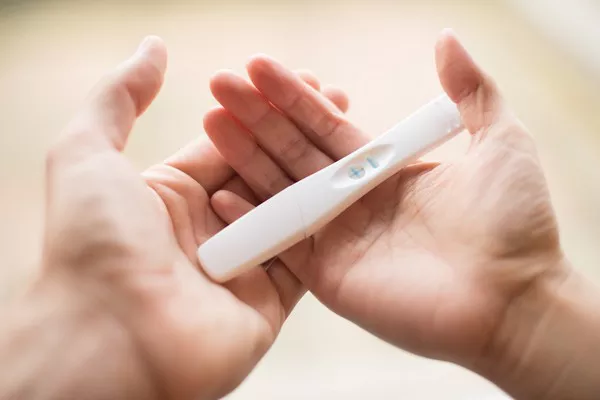Doctors are sounding the alarm about the surge in abortion rates in Scotland, suggesting that misinformation about contraception on social media platforms, notably TikTok, may be a contributing factor.
The statistics reveal a startling increase in the number of abortions in Scotland, with a nearly 20% rise between 2021 and 2022. Notably, this increase includes a rise in 16 to 19-year-olds accessing abortion services, marking the first uptick in this age group in 14 years.
Concerns are mounting that false and misleading information on platforms like TikTok is influencing these trends. Videos on TikTok have been found to contain inaccurate claims about hormonal contraception methods such as the pill, implant, injection, and certain types of coils, particularly focusing on potential side effects.
One video, viewed over 600,000 times, falsely asserts that hormonal birth control can lead to infertility and brain tumors. Another video by an influencer with over 300,000 followers claims that “birth control is this generation’s cigarettes” and “ruins our bodies.”
Dr. Sinead Cook, the Scottish chair of the Faculty of Sexual and Reproductive Healthcare at NHS Grampian, has voiced concerns that this content is influencing individuals’ decisions regarding contraception, particularly among young people. Patients who have watched such content on TikTok have reportedly become “terrified of hormonal contraception,” according to Dr. Cook.
The surge in abortion figures in Scotland, totaling 16,596 in 2022, up from 13,937 in 2021, is attributed to various factors, with misinformation on social media being one possible contributor. Dr. Cook emphasized that the reasons behind these figures are multifaceted and not solely due to fear of hormonal contraception.
The British Pregnancy Advisory Service (BPAS), a charity providing assistance and support to women considering or undergoing abortions, shares these concerns. Lucy Grieve from BPAS noted that social media has led many individuals to be “scared off” hormonal contraception, impacting abortion rates.
The BBC contacted TikTok regarding videos on its platform containing misinformation about hormonal contraceptives. TikTok responded by stating it had reviewed flagged content and removed videos that violated its rules on medical misinformation.
In addition to social media, the cost-of-living crisis and financial pressures are forcing some individuals to make challenging decisions regarding contraception and pregnancy. Waiting times for contraception and a lack of comprehensive sex education for young people are also considered factors contributing to the record number of abortions.
As women increasingly share their personal experiences with different birth control options on social media, discussions about the side effects of contraceptives are growing. Many individuals have cited side effects as a reason for discontinuing hormonal contraception.
While some explore alternatives to hormonal contraception, such as apps like Natural Cycles, concerns remain about the accuracy of information available online and whether individuals are making informed choices about their contraception methods.


